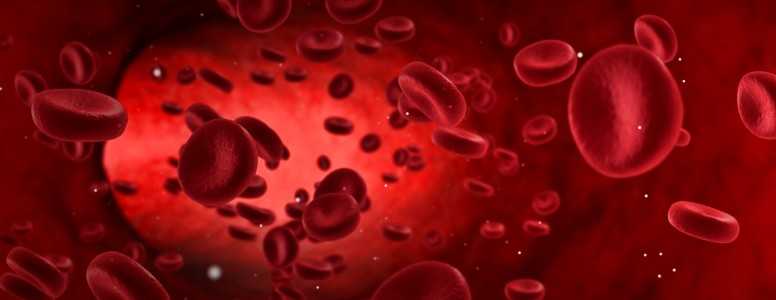A new discovery on how insulin exits the bloodstream could improve how insulin resistance is treated, research suggests.
Insulin resistance is the leading characteristic of type 2 diabetes development, occurring when the body’s cells do not respond effectively to insulin, leading to heightened blood sugar levels.
Previous studies have indicated that insulin transport is saturable, meaning the amount of insulin drops off when levels rise. This was thought to be dependent on insulin receptors on the cells of the endothelium, which lines blood vessels and controls movement of substances in and out the bloodstream.
However, this new study describes an alternative theory, whereby insulin works by “fluid-phase transport”. This means that insulin movement is nonsaturable and does not require insulin receptors to move in and out of the bloodstream.
Using a new microscopy technique and mathematical models, scientists at Vanderbilt University in Nashville, US, directly measured and characterised the movement of insulin through blood vessel walls and into skeletal muscle cells in mice models.
Professor David H. Wasserma, who led the study, revealed that the “ability of insulin to stimulate glucose uptake” in muscle cells “depends on the rate at which insulin gets through the endothelium.”
The researchers believe it is through the use of this new technique that their findings differ to previous studies.
They also state that the findings could have implications in the development of insulin resistance. This could help researchers to understand more on how insulin resistance may be alleviated through lifestyle changes or other prospective treatments for type 2 diabetes.
“Defining how insulin leaves the capillary is essential to understanding and treating insulin resistance,” added Wasserman.
Now, the researchers seek to characterise the mechanism that controls the movement of insulin through the endothelium. This, Wasserman says, will help to understand the progression of insulin resistance.
The findings appear in The Journal of Clinical Investigation.
What's new on the forum? ⭐️
Get our free newsletters
Stay up to date with the latest news, research and breakthroughs.




